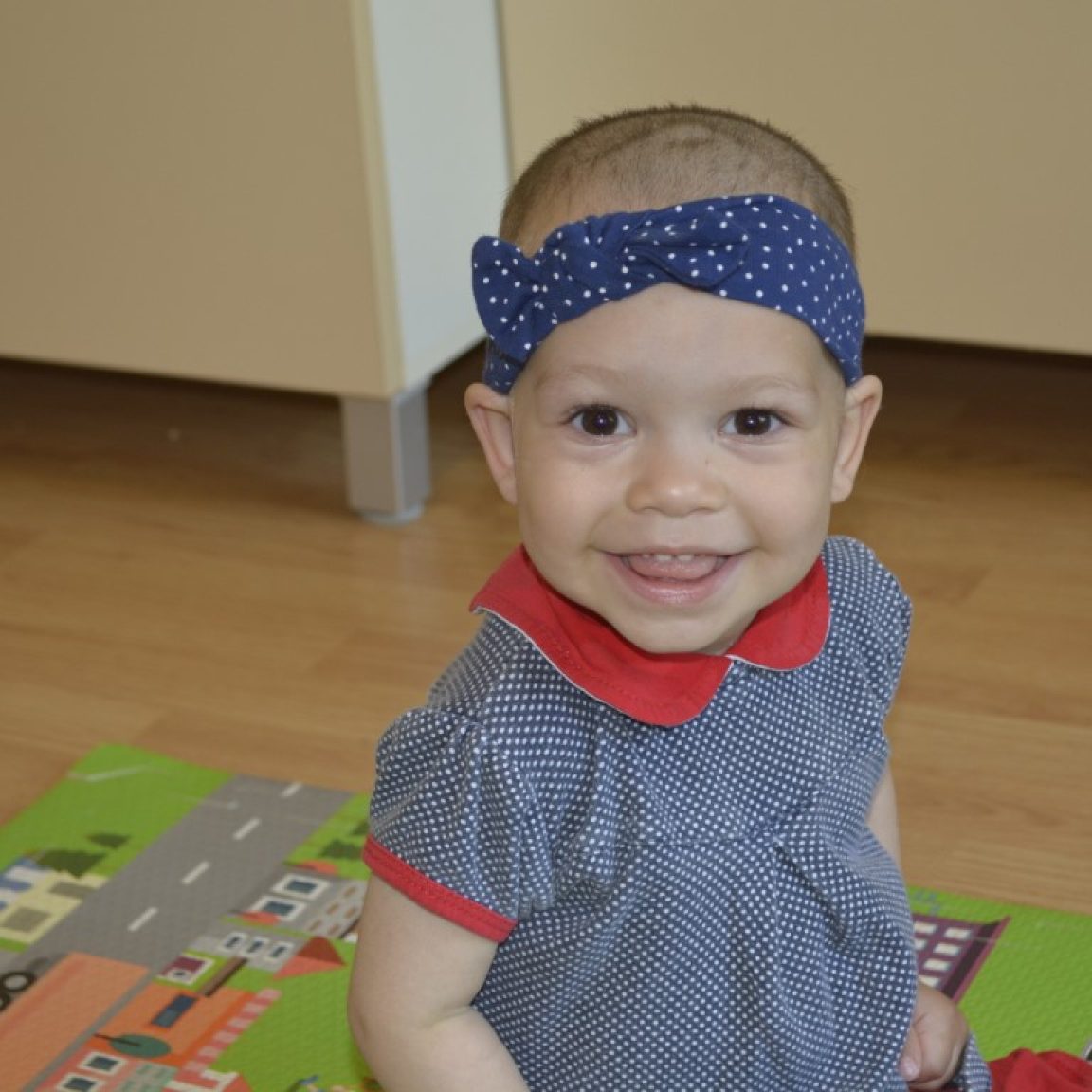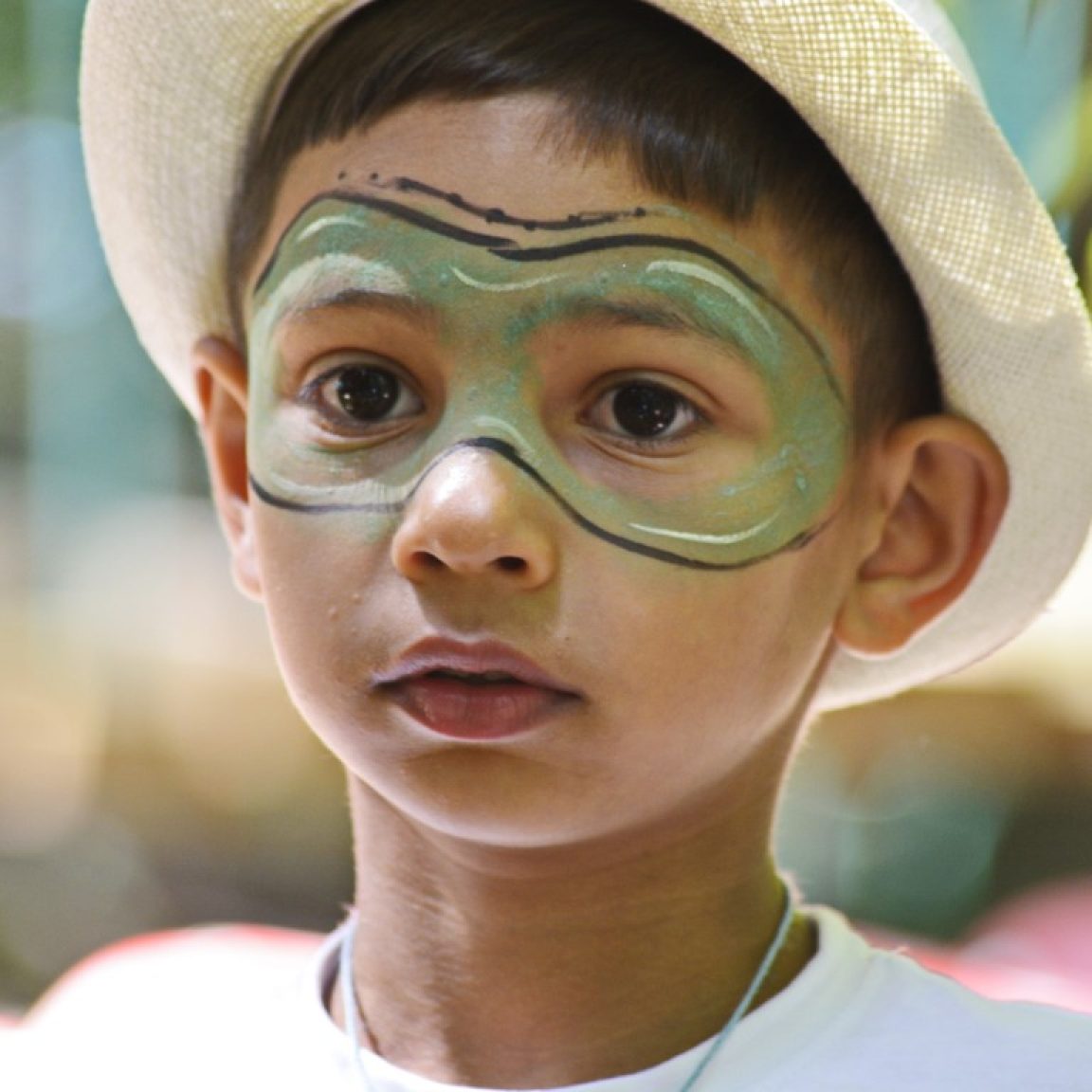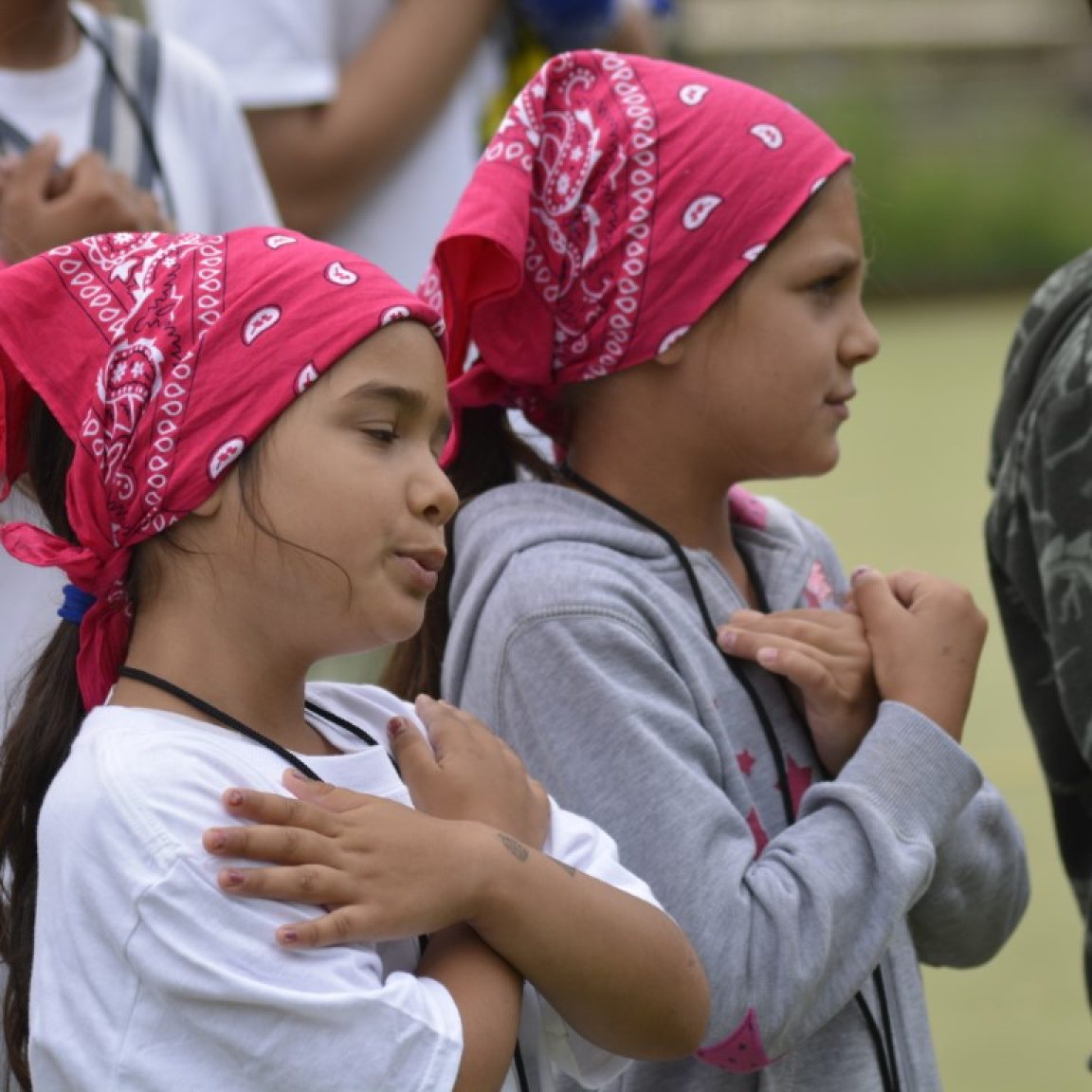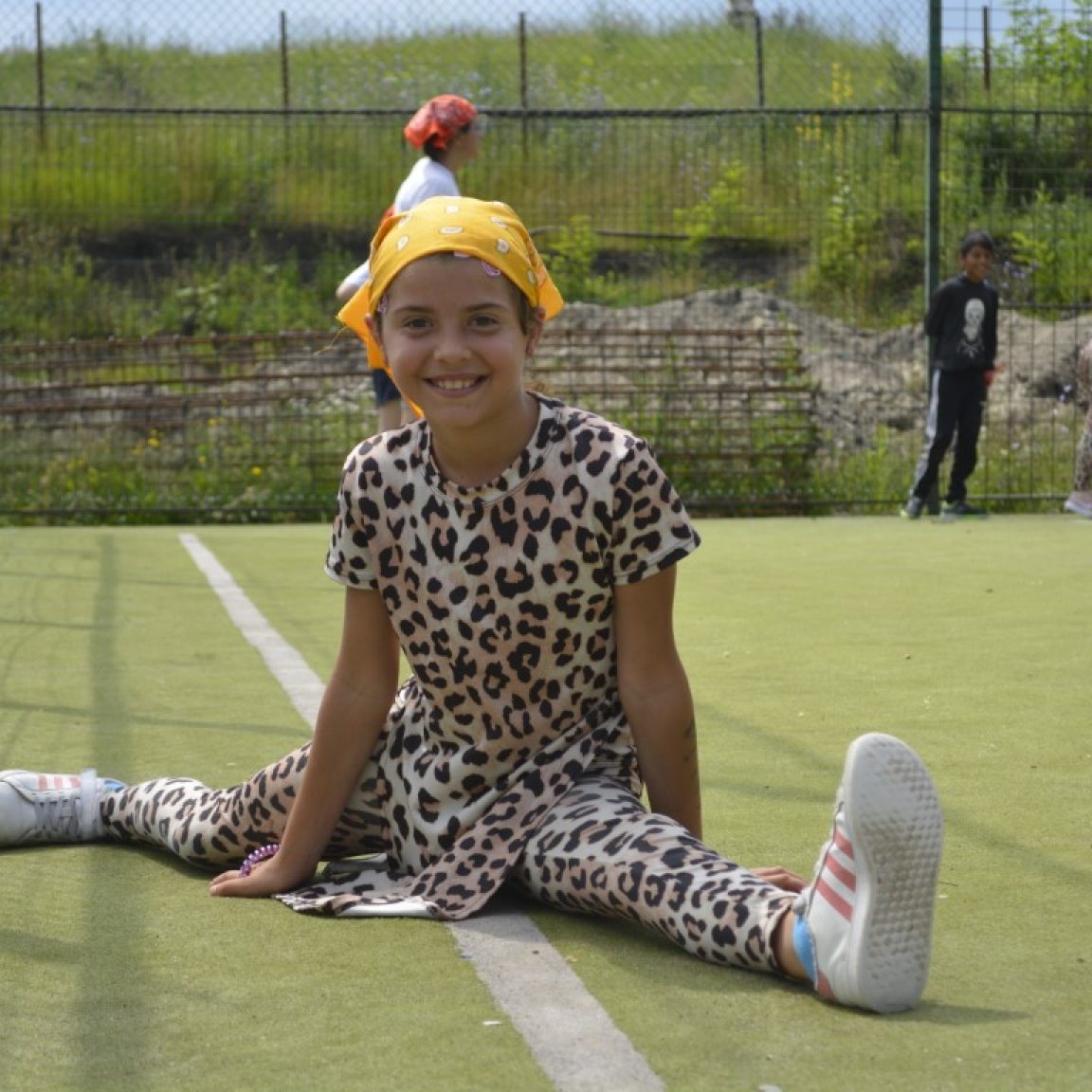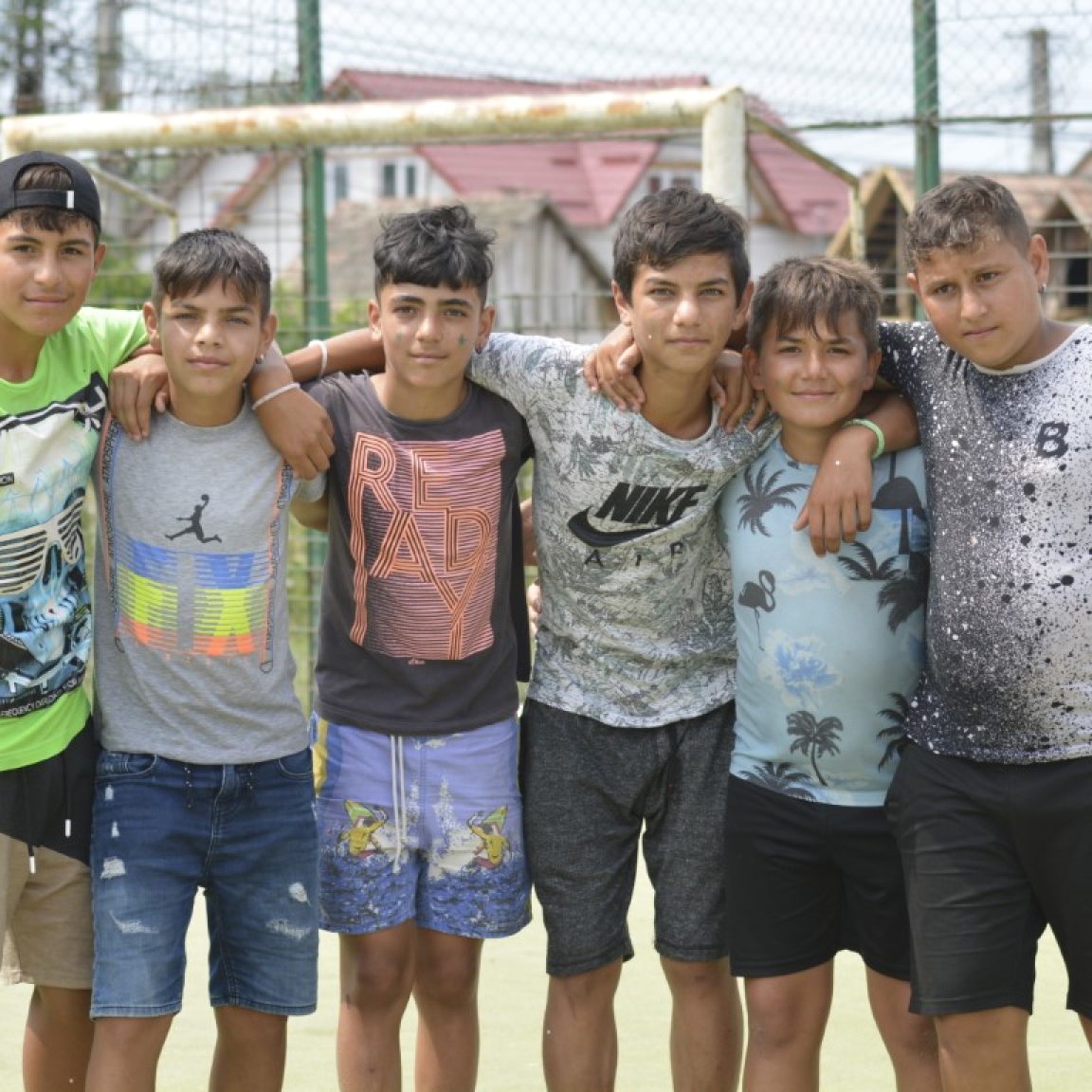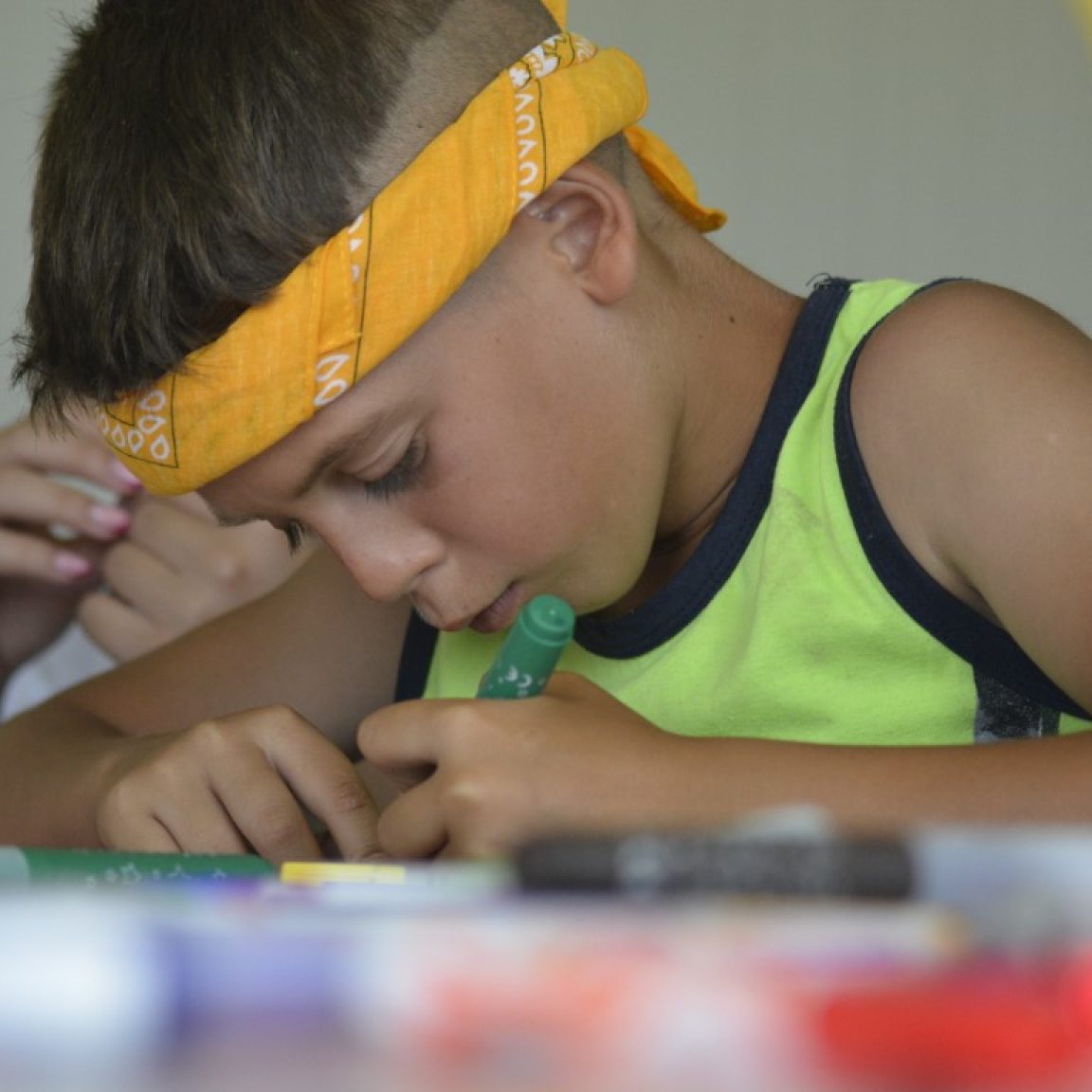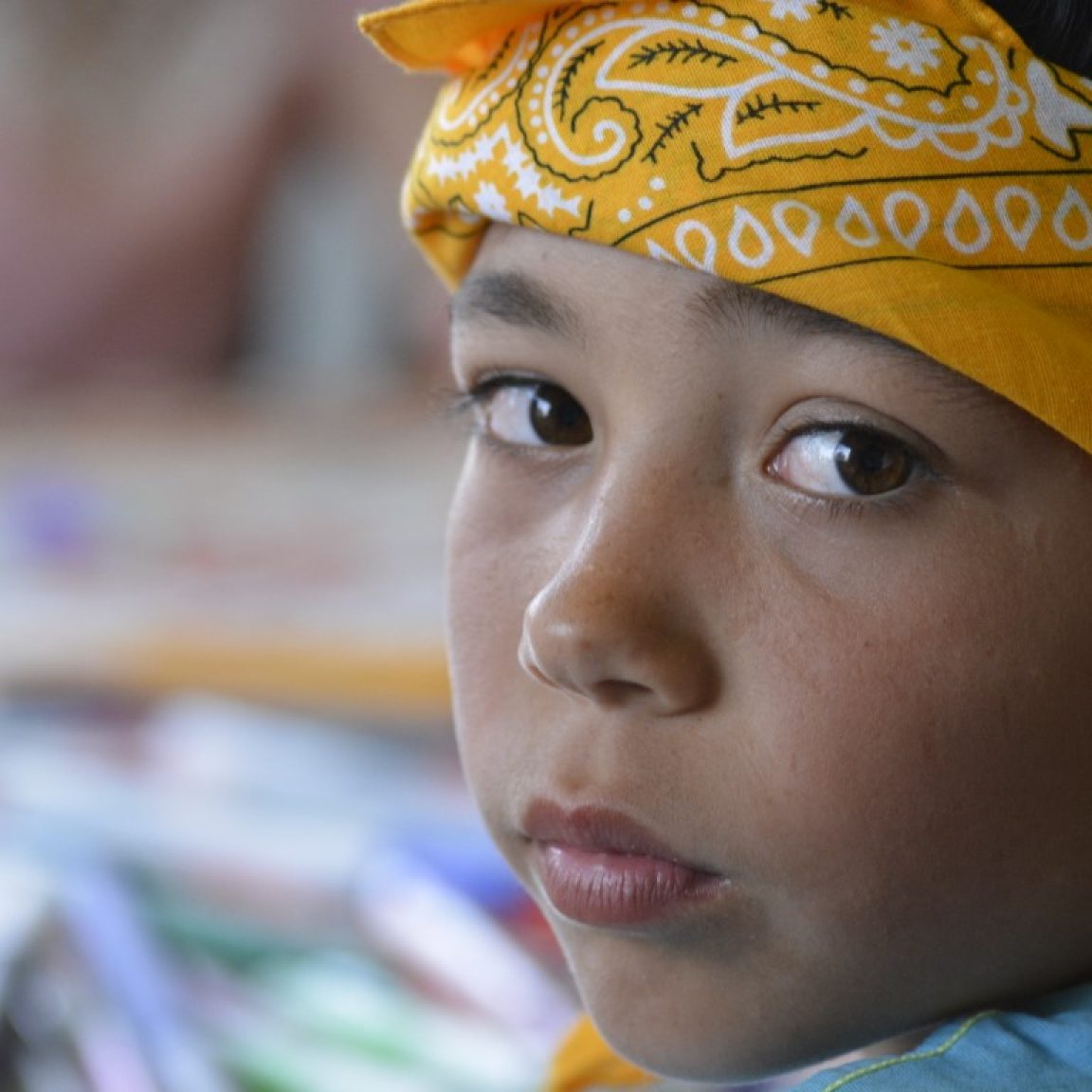Romanian Orphan Culture
Even though almost fifty years of communist dictatorial rule ended in 1989, Ceausescu’s horrendous legacy did not. While there have been major improvements, especially as a result of the increased focus on Romania’s social problems by the West and the European Union, the future for the majority of abandoned and at-risk children continues to be bleak.
Our greatest struggle to help these children lies in the indifference of many Romanian politicians. Although there have been some aesthetic improvements in the child welfare system following Romania’s entrance into the European Union in 2007, the reality of abuse, neglect, and indifference is evident across the country.
Because of intense political pressure from liberal Romanian and certain misguided EU politicians, the Romanian National Authority for Child Protection and its local county affiliates have struggled to spin a positive image to the West. The cost of this corruption is seen in the faces of the children who have no permanent home and no hope for their future.

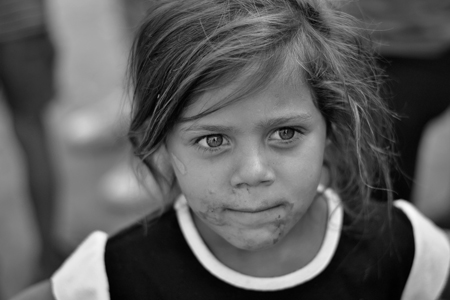
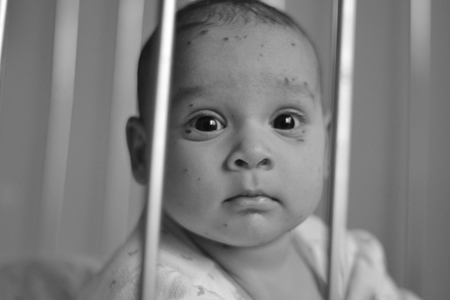
Tens of thousands of abandoned and orphaned Romanian children live in some form of institutional care: state orphanages, group homes, and various forms of rudimentary foster care.
Tens of thousands of other Roma (Gypsy) children who live in Romania, live below the poverty level who are unofficially abandoned to the streets or impoverished hospital wards, kidnapped or trafficked, and/or forcibly “reintegrated” with distant relatives set up by the state.
Less than 1000 national adoptions of abandoned children occur each year in Romania from the tens of thousands of abandoned children in the country.
History
Approximately 10,000 international adoptions occurred between 1990-2004. Overwhelming evidence supports that these children have grown up in healthy, happy homes. However, a moratorium began in 2001 as Romania’s government tried to discern how to regulate the international adoption process that was riddled with corruption because of bribery of officials, a minority of unscrupulous agencies, and poverty stricken Roma families willing to sell their offspring for profit.
During this unregulated period, international adoptions continued to be processed under emergency clauses. In 2004, international adoptions were closed abruptly with an anti-adoption requirement set in place for entry into the European Union. Thus, the 1200 registered, legal adoptions in process when the new legislation took place remain unresolved as of today.
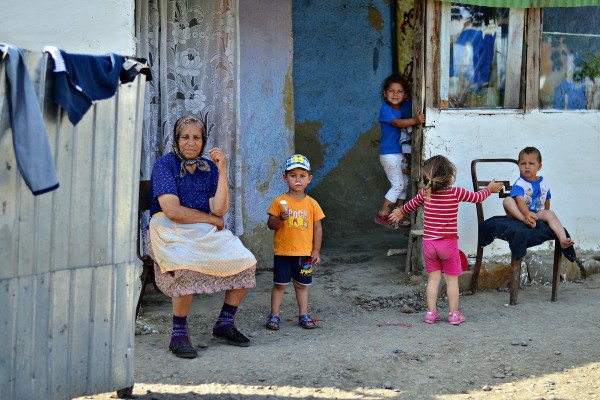

Today
Romania is the only member state of the 27 member EU that does not allow international adoption. Although Romania has signed the Hague Convention which stipulates that every child has the basic right to a family, abandoned and orphaned children in Romania are still denied that basic right.
To appear to be reducing the number of kids in state care, harmful policies of forced reintegration with natural families are putting previously abandoned and abused children back in harms way. Many are forced to disregard their education so as to beg, steal, work, and prostitute themselves for their guardian “family” member.
Livada is committed to helping Romania find a balanced position on this issue so that tens of thousands of abandoned children can find a permanent, safe place to call home.


